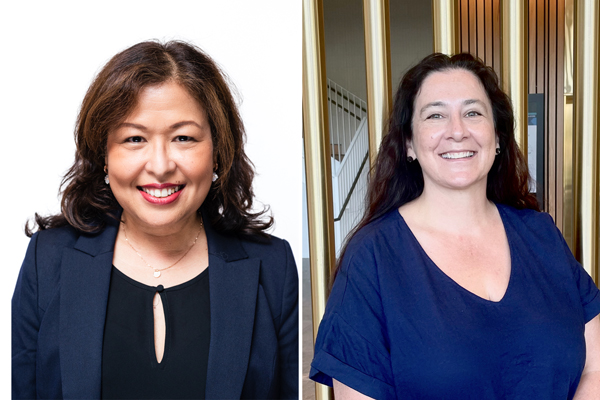- Foreword
- Message from Board Chair & Chief Executive
- 2023 Clinical Research Fellowships
- A message from the RBWH Foundation
- A message from The Common Good
- Metro North Research Excellence Awards
- Research stories
- ICU of the Future
- New approach ruling out pulmonary embolism
- Improving access to healthcare in the prison environment
- Safety and efficacy of peripheral versus centrally administered vasopressor infusion
- COVID-19 learnings set to inform future policy
- Telomere study could provide key to treating debilitating lung disease
- Productive Ward – Releasing time to care
- Brain organoids to revolutionise epilepsy treatment
- Reducing weight stigma in maternity care
- Parkinson’s Disease Check-In program giving people a voice
- Trial brings new treatment for common heart condition
- Teledentistry study shows promise in residential aged care
- Research fellow to boost Oral Health evidence-based care
- Study explores best approach to surgery for painful shoulder osteoarthritis
- The development and pilot testing of a stroke telerehabilitation decision toolkit
- Metro North Health delivers world-first breast scaffold surgery
- Regenerative jawbone hard at work care of collaborative Metro North Health approach
- Jamieson Trauma Institute leads e-scooter and e-bike injury research to drive community safety
- Forgotten fathers in pregnancy and obstetrics
- Putting the Spotlight on nursing and midwifery research
- Improving the health self-efficacy of stroke survivors
COVID-19 learnings set to inform future policy

Associate Professor Zarnie Lwin (L) and Dr Natasha Roberts (R) conducted research into staff distress during COVID-19
Research into the wellbeing of healthcare workers at the Royal Brisbane and Women’s Hospital (RBWH) during the COVID-19 pandemic aims to inform future policy and improvement initiatives when responding to crisis in the healthcare space.
Associate Professor Zarnie Lwin, Dr Harry Gasper, Dr Elizabeth Ahern, Associate Prof Bryan Chan and Dr Natasha Roberts, based in Cancer Care Services at RBWH and the Sunshine Coast University Hospital, commenced their research in the early days of COVID-19 to capture oncology healthcare workers’ perceptions of support, stress, personal ability to meet needs and institutional preparedness in relation to the pandemic.
The team surveyed 176 healthcare workers across nursing, medical, support and allied health to gain a broad understanding of the challenges and responses in relation to rapid change in the clinical space.
The key findings of the research concluded that distress in healthcare workers corresponded to rapid change in their work environment, rather than reported infection rates.
RBWH medical oncologist Associate Professor Zarnie Lwin said the team commenced the research as a way of capturing the experiences of the clinical teams as they were confronted by the reality of the pandemic.
“The impact of COVID-19 on health services touched all that we do. I don’t think things will ever be the same again,” Associate Professor Lwin said.
“Our research was unique in the sense that the data was collected over time as the situation continued to change, which is unique for COVID-19 literature.
“It gives us an understanding of how a crisis can affect those on the frontline so we can improve how we manage situations like this in the future.”
RBWH Cancer Care Services specialist nurse Dr Natasha Roberts said the researchers were surprised by the results, as they had expected there to be an association between COVID-19 infection rates in the community and staff distress, however this was not the case.
“It was amazing to have so many staff taking part in the research. It seemed to be an opportunity for them to share their experiences and understand what was going on around them,” Dr Roberts said.
The research team is grateful to everyone who participated and allowed them to tell their combined story during the pandemic.
